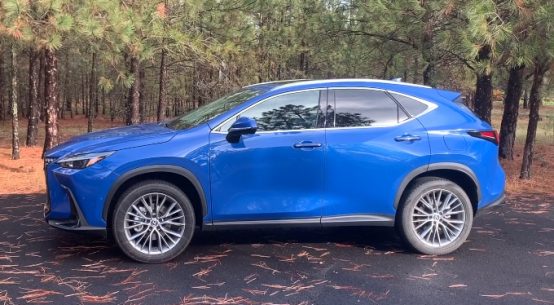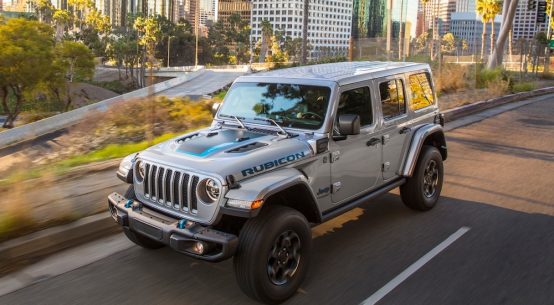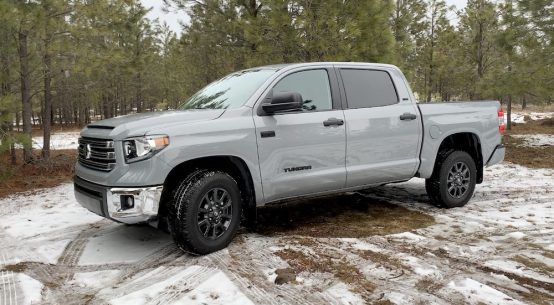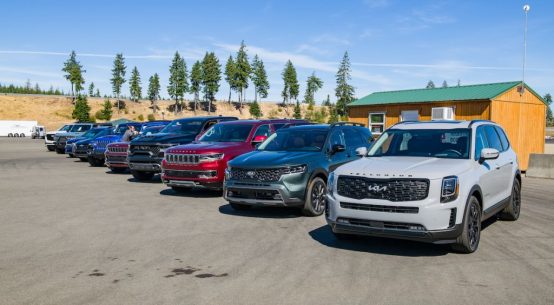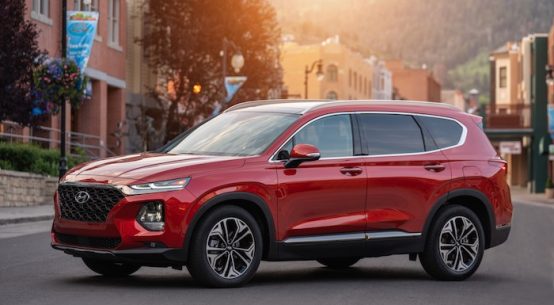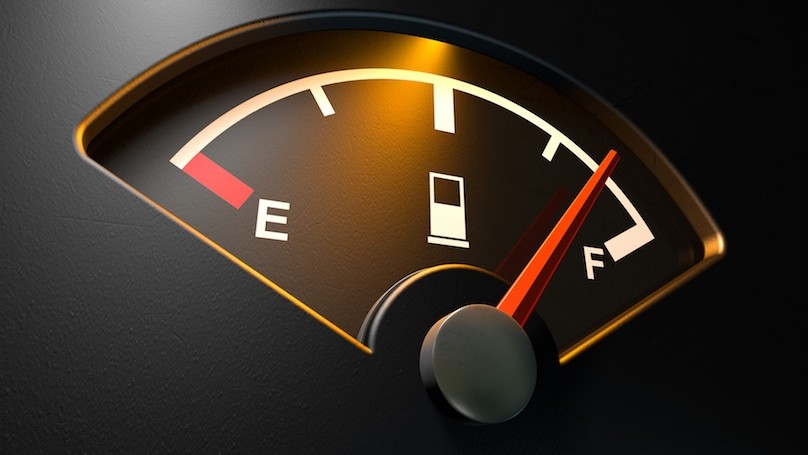
By Sarahbeth Kluzinski As gas prices continue to increase, drivers are looking for new ideas on ways to cut down their fuel expenses while conserving as much gas as possible. All the while, new companies claiming to have “miracle” products, such as fuel and engine additives, are fooling the public into believing these merchandises actually work.
All this does is trick consumers into spending even more money on a product that has little or no effect toward fuel consumption and conservation. Continue reading to learn the truth behind improving fuel mileage and consumption for your car or truck.
Improving Gas Mileage on Your Own
There are several things a driver can do to increase the miles they get per gallon. Changing up driving habits is the first place to start. Using slower speeds on the interstate, avoiding full-throttle accelerations, using steady speeds, and more, are all effective methods to improving your gas mileage. The first place to start, as mentioned before, is to change your driving habits in general. This includes the following:
- Use Slower Speeds
- Empty the Trunk Space
- Reduce Excess Weight Inside the Vehicle
- Avoid Extended Idling
- Combine Errands and Trips
- Drive Smoothly
- Avoid High-Cruising Speeds on the Interstate
Slowing down in general uses less fuel. If you exceed speed limits regularly, or accelerate quickly from a standstill, it will rapidly use up the fuel in a car or truck. This is the same for highway cruising speeds. It helps to slow down to the lawful speed limit on interstates for safety; but it can also minimize daily fuel consumption.Removing excess weight from the back seat and trunk can reduce the overall weight of a vehicle, which allows it to use less fuel to operate. Idling uses a great deal of gas as well.
Try to avoid situations that require a vehicle to run while not in drive mode. If stuck in traffic jams, turn the engine off to avoid overheating and massive fuel consumption. And last, syndicating errands and trips can reduce mileage in general, which in return, reduces the amount of fuel needed for each day.
Routine Vehicle Maintenance
On top of driving habits, careful vehicle maintenance is important to consider when it comes to saving fuel and improving gas mileage. For example, it is vital to use the proper engine oil for a vehicle. The degree of viscosity must be appropriate for the type of engine in a car. If a driver uses higher viscosity oil than required, it will create more drag on the internal engine components.
Some mechanics will recommend using more viscous oil as a vehicle ages, but this is false. It will cause the engine to work harder, especially in cold weather, and constantly reduces gas mileage with every drive. Other areas to improve or properly maintain include:
- Tire Pressure
- Spark Plugs
- Fuel Grade
- Air Filters
- Check Engine Lights
- Carbon Removal
- Clean Air Induction System
Call Northeast Auto at 317-475-1846 for quality automotive service in Indianapolis, Indiana. They are ASE licensed mechanics that provide a wide selection of auto repairs and services for import vehicles and domestic vehicles.
Article Source: HERE
